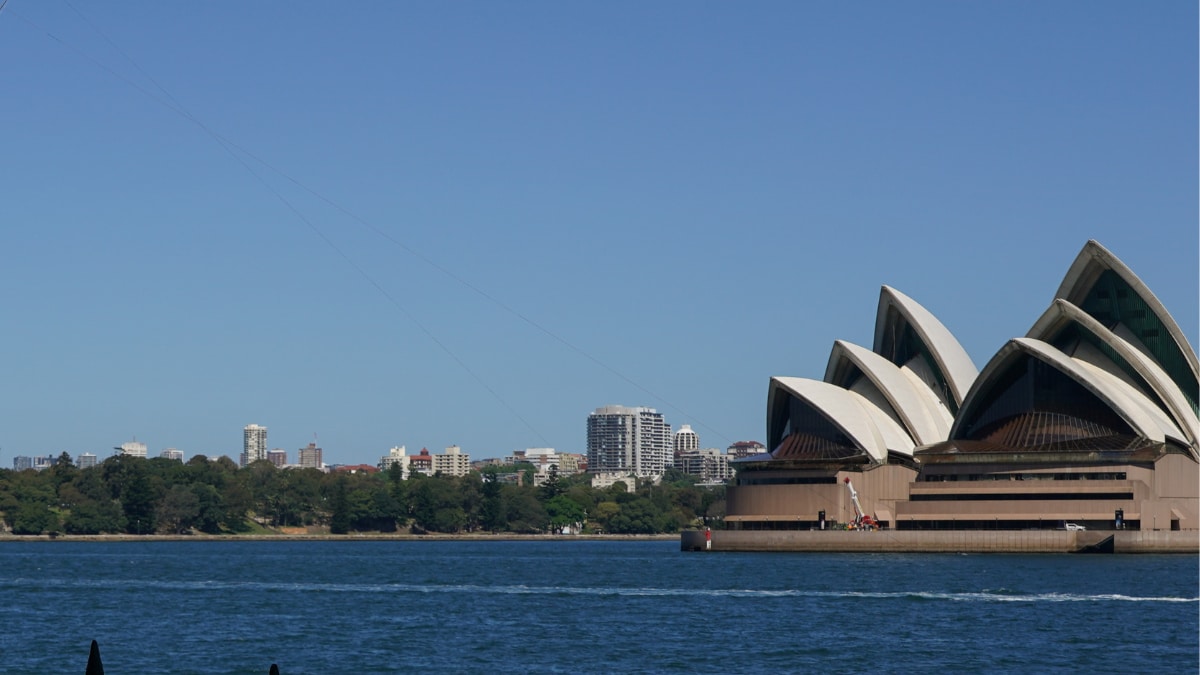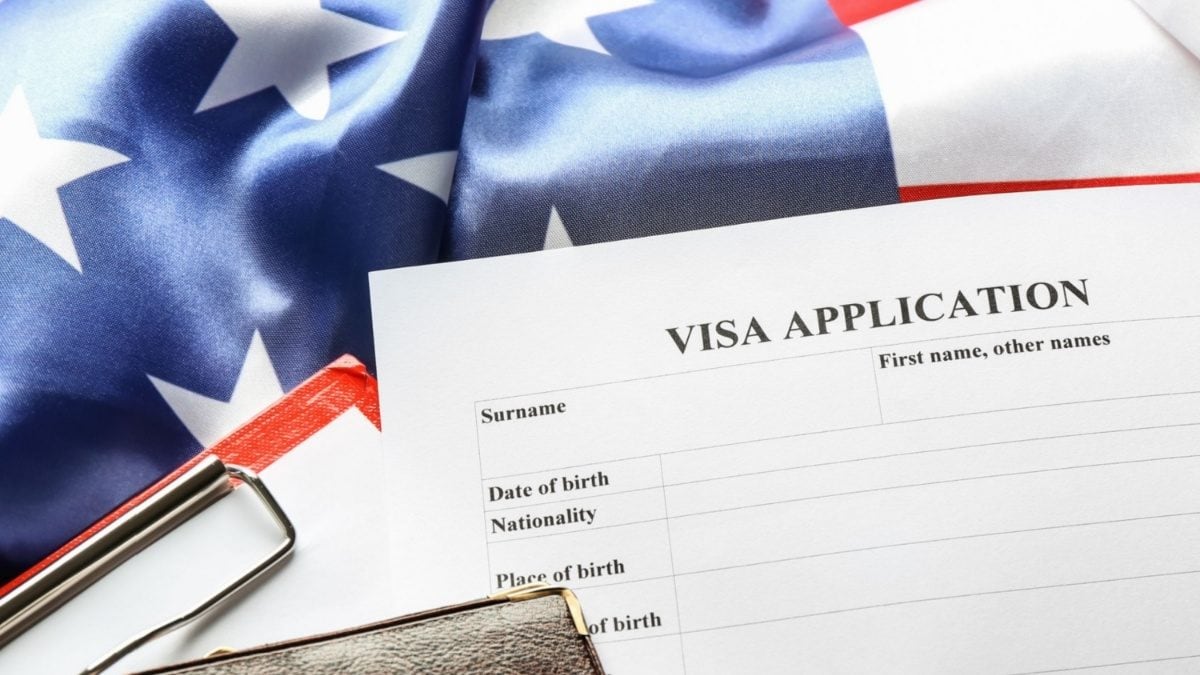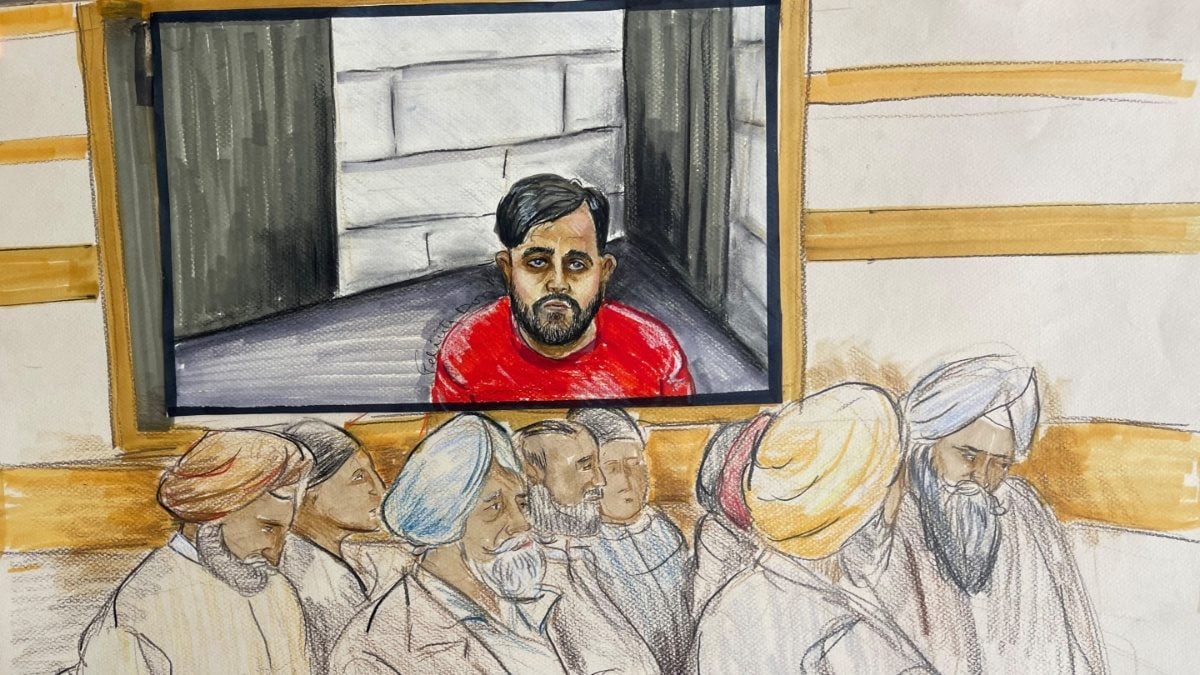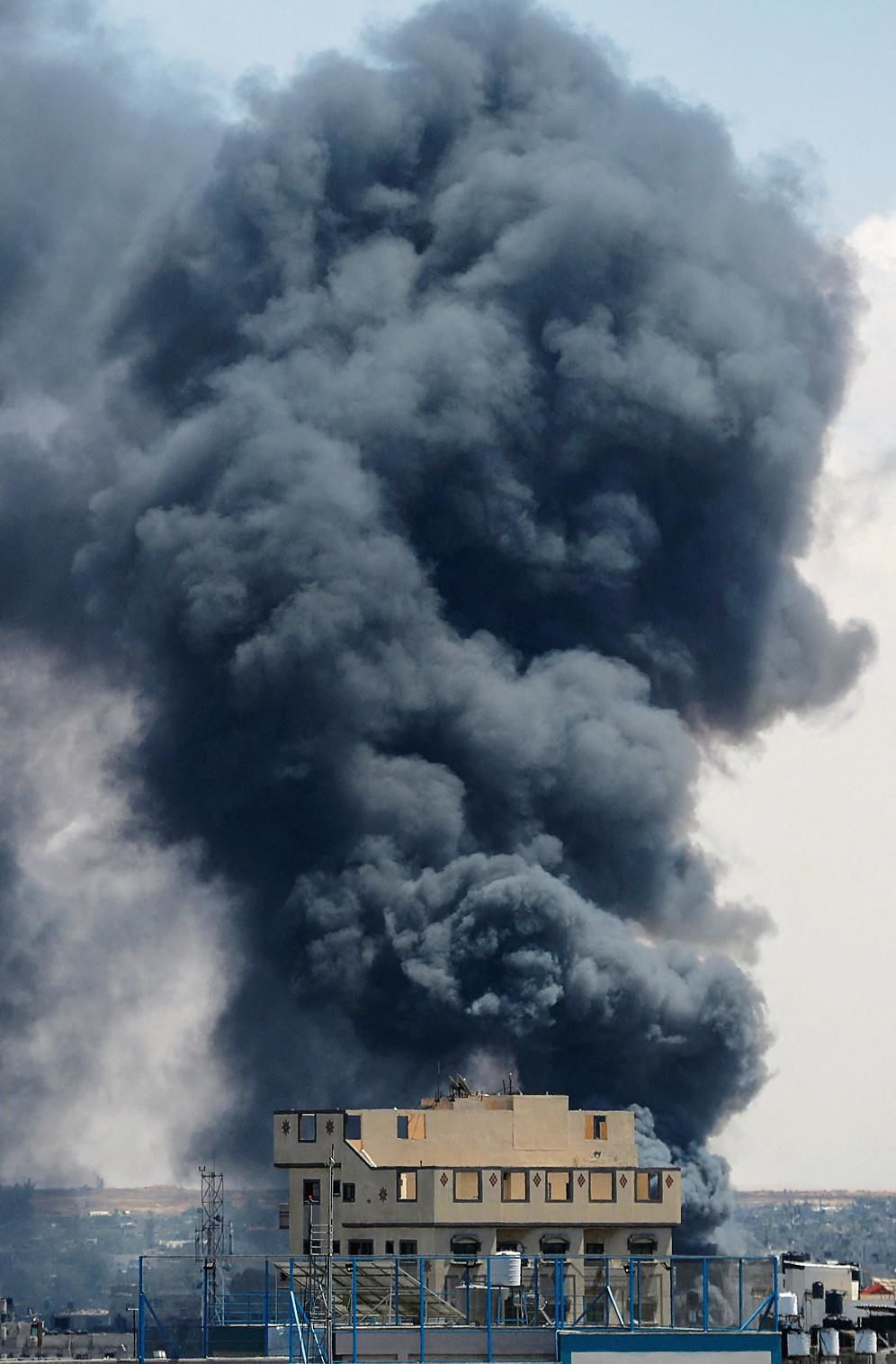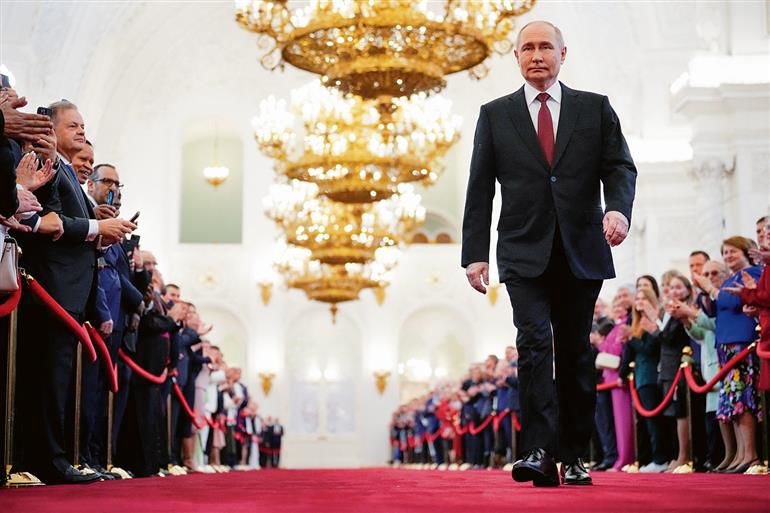Last Updated: April 23, 2024, 16:08 IST
London, United Kingdom (UK)

British Prime Minister Rishi Sunak speaks to the press after introducing the Rwanda bill, at Downing Street in London, Britain. He has said that flights with deportees headed for Rwanda will take off in 10-12 weeks. (Image: Reuters)
The Rwanda migrant deportation legislation met many hurdles and was passed and time will only tell whether it will help Rishi Sunak and Tories in an election year.
The UK on Tuesday began detaining migrants for deportation to Rwanda after the UK parliament passed the Rwanda migrant deportation legislation. The legislation has been met with outrage from UN and rights groups but UK PM Rishi Sunak ensured he keeps his word as the Tories head to the general elections with the Labour as favourites to win.
The legislation aims to stop irregular cross-Channel migration from northern France. Rishi Sunak, when he was chosen as Tory leader and UK PM, had promised to ‘stop the boats’ and wants to make good on that promise.
Sunak, speaking after the bill passed in parliament, said the focus was now on getting flights to Rwanda off the ground. The bill is expected to receive Royal Assent this week, meaning it has passed into law, and Sunak has said he expects flights to depart within 10 to 12 weeks.
“I am clear that nothing will stand in our way of doing that and saving lives,” he said in a statement.
The scheme says that undocumented asylum seekers arriving in Britain will be sent to east-central African nation Rwanda. Their asylum claims will be examined there and if it is approved it will allow them to stay in Rwanda.
Asylum seekers – many fleeing wars and poverty in Africa and West Asia – started arriving in small boats on the English coast in 2018.
More than 6,000 have arrived in Britain already this year, a rise of around a quarter on the same period last year. The worst incident came in November 2021 when 27 migrants perished when their dinghy capsized near Calais.
Rwanda said it was “pleased” to see the bill passed and was looking forward to “welcoming those relocated to Rwanda”.
Rwanda — a tiny nation of 13 million people — lays claim to being one of the most stable countries in Africa. But rights groups accuse veteran President Paul Kagame of ruling in a climate of fear, stifling dissent and free speech.
But the heads of the UN agencies for refugees and human rights warned it threatened the rule of law and set “a perilous precedent globally”.
Even King Charles has called the legislation “appalling”. King Charles’ jurisdiction over the matter may not matter because of his giving or withholding the so-called “royal assent” in a mere formality.
“The passing of this legislation will allow us to do that and make it very clear that if you come here illegally, you will not be able to stay,” Rishi Sunak said.
The proposed legislation grants decision-makers handling asylum applications the authority to ignore certain important aspects of international and domestic human rights laws. This move aims to circumvent a ruling by the UK Supreme Court, which deemed the practice of sending migrants to Kigali on one-way tickets illegal.
The government also encountered opposition in Parliament, particularly from the House of Lords, which scrutinises bills sent from the Lower House.
Despite repeated attempts by the Lords to amend the legislation, the elected House of Commons, where the Conservative Party holds a majority, rejected every proposed amendment.
This led to a back-and-forth process known as “parliamentary ping pong,” wherein the two chambers exchanged the bill multiple times.
Despite resistance from the unelected House of Lords, which lacks a majority for any party, they eventually conceded and agreed to pass the bill without further amendments.
The Audit Office, a public spending watchdog, has estimated it will cost the UK £540 million ($665 million) to deport the first 300 migrants — nearly £2 million per person.
Sunak’s plans could still be held up by legal challenges, while UN rights experts have suggested that airlines and aviation regulators could fall foul of internationally protected human rights laws if they take part in deportations.
![]()
Shankhyaneel Sarkar is a senior subeditor at News18. He covers international affairs, where he focuses on breaking news to in-depth analyses. He has o
...Read More

 2 weeks ago
2 weeks ago
